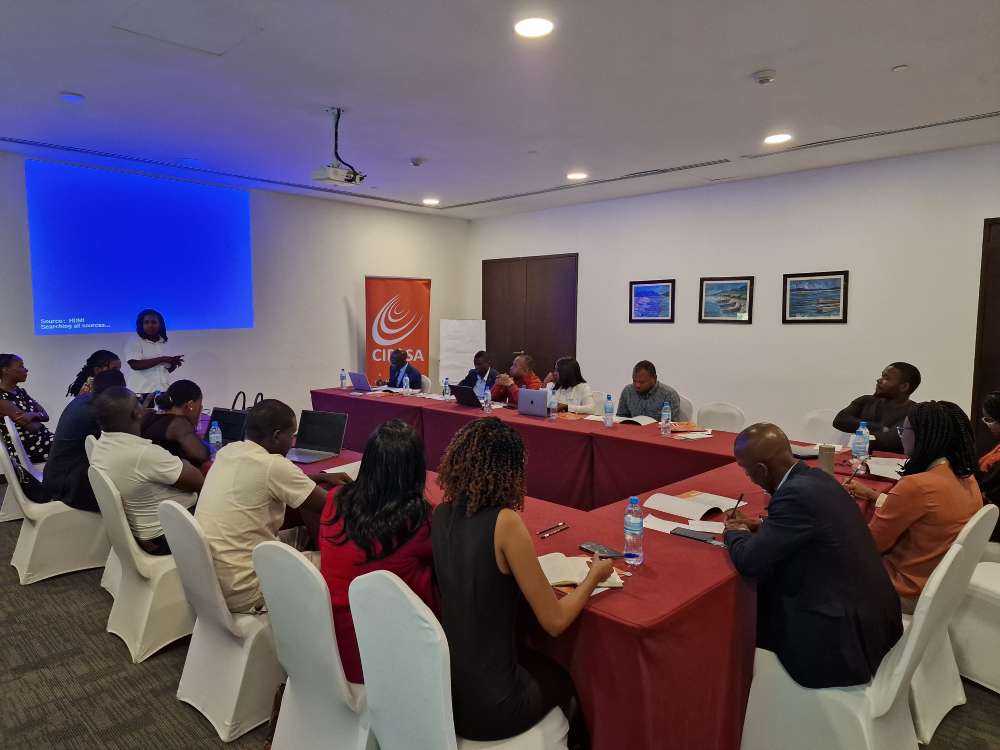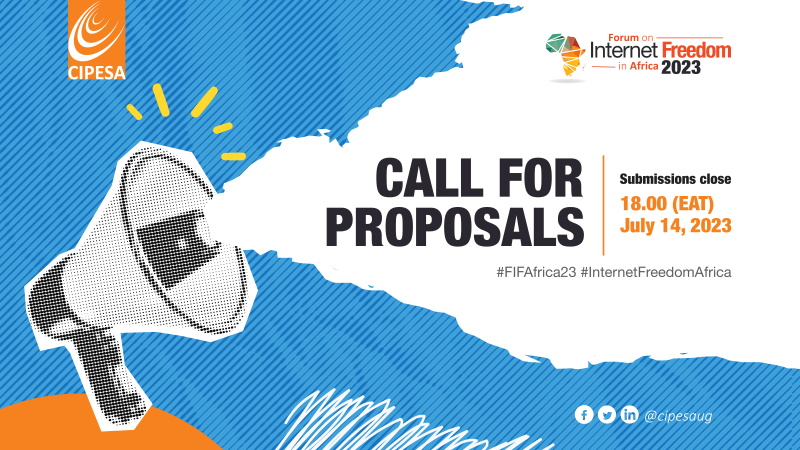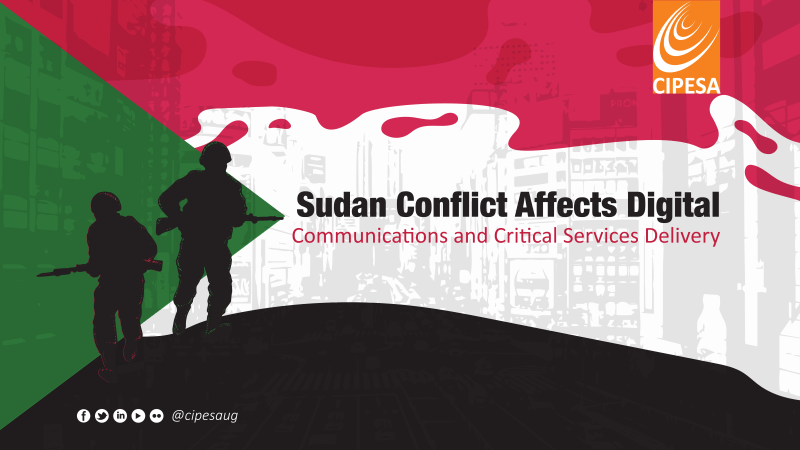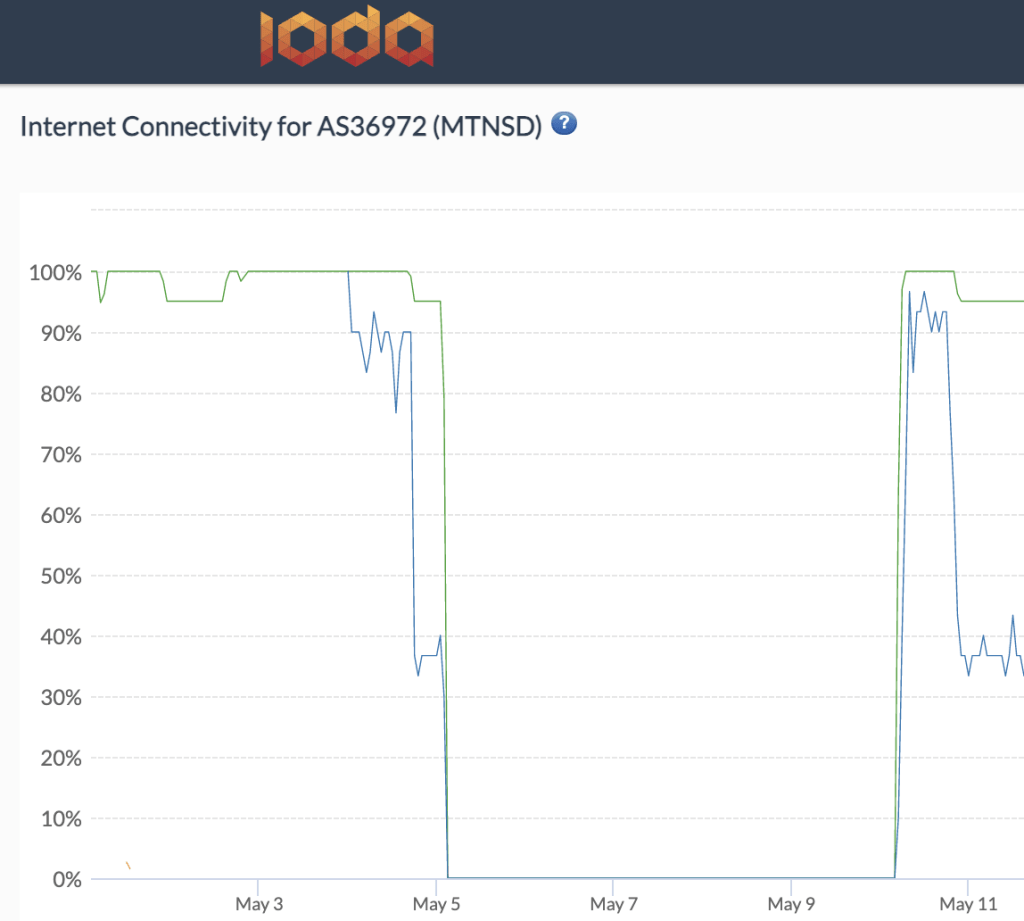By Juliet Nanfuka |
Just over a year ago, Kenya was in the midst of a bitterly contested general election held in August 2022. The electoral period was characterised by hate speech and disinformation, which remain prevalent today. Indeed, recent studies have highlighted a booming disinformation industry in the country, fuelled by political, economic and personal interests with many actors including politicians, content creators, and citizens churning out hate speech and disinformation on social media platforms.
During the election period, disinformation and hate speech circulated widely as social media personalities and ordinary citizens on various sides of the political divide coordinated and shared inciteful and hateful content. Influencers with a large following on the platforms are often bankrolled by politicians to recruit and coordinate micro-influencers to develop common disinformation and hate narratives and push hashtags which often trend on social media. Further, social media trolls engage through Facebook posts, tweets and WhatsApp groups with targeted hate against ethnic communities such as the Kalenjin, Kikuyu and Luo, the ethnic communities of current president William Ruto, former president Uhuru Kenyatta, and former Prime Minister Raila Odinga, respectively.
Amidst the election-related disinformation blitz, social media platforms seemed to do either too little or nothing to stop the spread of harmful and illegal content. An investigation by Global Witness and Foxglove in June 2022 showed that Facebook failed to detect inflammatory and violent hate speech ads posted on its platforms in Swahili and English. Further, the investigation found that even after putting out a statement in July 2022 on its efforts to combat harmful content, including 37,000 pieces of Kenyan content removed from Facebook and Instagram for violating its hate speech policies, similar hate speech ads were later approved on their platforms.
Likewise, in July 2022 Twitter was blamed by local actors for profiting from its negligence by allowing its trending topic section to be exploited through paid influencers to amplify malicious, coordinated, inauthentic attacks to silence Kenya’s civil society, muddy their reputations and stifle the reach of their messaging. In September 2021, Twitter suspended 100 accounts from Kenya for violating the platform’s manipulations and spam policy after being found to have been tweeting pre-determined hashtags meant to misinform the public and attack certain personalities. In June 2022, the company suspended 41 accounts promoting the hashtag #ChebukatiCannotBeTrusted, which suggested that the then Chairperson of the Independent Electoral and Boundaries Commission (IEBC) was supporting one of the presidential candidates.
TikTok, which has gained popularity among younger audiences, has also come under scrutiny after disinformation and hate content was found on its platform ahead of the August 2022 election. A study by Mozilla found 132 videos that had been viewed collectively over four million times, which were spreading hate speech and inciting violence against some ethnic communities. Some also featured synthetic and manipulated content couched as Netflix documentaries, news stories and fake opinion polls or fake tweets aimed at triggering violence, fear and violence as was witnessed during the 2007 post-election period. According to the report, TikTok suffered context bias and its content moderation practices were not robust enough to tackle the spread of such content on its platform. TikTok has since removed the videos highlighted in the report.
According to Kenya’s hate speech watchdog, the National Cohesion and Integration Commission (NCIC), hate speech content is most prevalent on Facebook and Twitter. In July 2022, the NCIC ordered Meta to address hate speech and incitement on its Facebook platform within a week or face a suspension of its operations in the country. In August 2022, the Commission also found an increase in hate content on TikTok. Some of the hate and disinformation hashtags it identified on the various platforms included #RejectRailaOdinga, #Riggagy and #RutoMalizaUfungwe, which propagated falsehoods against candidates in the presidential election.
Some critics have argued that social media platforms have shown a consistent failure to adequately moderate content in Kenya. Furthermore, the platforms’ attempts at content moderation are implemented in a lacklustre, under-funded and opaque system that is neither participatory nor rights-respecting. Other studies have also shown that platforms continue to inconsistently enforce their own rules through flawed content moderation practices and in essence permit the spread of extreme, divisive and polarising content partly due to their lack of understanding of Kenya’s cultural context and local languages and slang.
The government’s attempts at legislating on disinformation and hate speech have not been without setbacks. In 2018, the Computer Misuse and Cybercrimes Act, 2018 was adopted, imposing punitive fines and prison terms on the publication of false information and false, misleading and fictitious data. Unfortunately, these provisions have been unjustly used to target bloggers for exposing corruption or seeking state accountability.
A case by the Bloggers Association of Kenya challenging the constitutionality of the law remains pending an appeal of the decision by the High Court in February 2020 allowing the enforcement of the law. Section 13 of the National Cohesion and Integration Act constricts the definition of hate speech to “ethnic hatred” and fails to capture the constitutional limitations under Article 31, which include propaganda for war, incitement to violence, hate speech, and advocacy of hatred. This means various hate speech content remains lawful in the absence of a clear criminal prohibition.
Moreover, the NCIC, which was formed following the 2007 post-election violence, has been plagued by numerous challenges in its attempt to fight hate and promote peace and national cohesion. The commission for most of its active life has been underfunded, thus hindering its ability and capacity to monitor hate speech online, investigate incidents and conduct public awareness and engagements. Further, political interference with its work means that it has been incapable of enforcing the law to get successful convictions of offenders who are mostly the political elite.
More importantly, successive government administrations have failed to implement the recommendations of the Truth Justice and Reconciliation Commission (TJRC) report to address the drivers of hate and disinformation. The report identified those drivers as Kenya’s historical inter-ethnic tensions that are systemic and deep-rooted in its social, cultural, religious, economic and political fabric. Disinformation and hate speech in Kenya thrive on these unresolved historical tensions around political ideology, ethnicity, economics, and demography.
Today, a majority of social media users in Kenya are aware of and fuel hate speech and disinformation on social media. To some, it is all fun and games, as they assume no feelings get hurt. To many, however, disinformation triggers pain, fear, tension and hate. Last year, a local politician advised Kenyans to put matters of politics in their lungs, not their hearts. This attitude is also a problem, as such views may breed a level of acceptance and normalisation of disinformation and hate speech in the country by encouraging people to grow a ‘thick skin’ instead of objectively addressing the root causes of the vice. People, including Kenyans, are known to act on their feelings. As we have seen in neighbouring countries such as the Democratic Republic of Congo, Ethiopia and Sudan, hate speech and disinformation can drive violence with devastating consequences.
The failure to resolve Kenya’s underlying tensions means the country risks further social division and fragmentation of society as well as diminished progress due to a continuation of governance policies and practices that further entrench discrimination and exclusion in accessing opportunities, resources and essential services. The hate that arises from the effects of such policies and practices, and the disinformation deployed to justify and perpetuate them, affects people’s mental health and emotional well-being. Moreover, they cement long-held historical fears, suspicions and animosity that continue to undermine the ability of Kenyans to trust each other or the government and could inhibit the willingness of sections of the public to cooperate in nation-building for the common good.
Be that as it may, there are some promising efforts, such as the recently launched local coalition on freedom of expression and content moderation and the draft guidelines for regulating digital platforms spearheaded by UNESCO that seek to promote engagement and tackle content that potentially damages human rights and democracy. The multistakeholder coalition is an initiative of UNESCO and ARTICLE 19 that aims to bridge the gap between local stakeholders and social media companies and to improve content moderation practices, including supporting regulatory reform, building the capacity of state and non-state actors, and raising awareness on the ethical use of digital platforms. While these twin initiatives are new and largely untested, they present an opportunity to ensure more rights-respecting content moderation practices, the application of common norms based on human rights standards and stronger multistakeholder engagement in the content moderation process.
Finally, it may be easy to blame social media companies for the weaknesses in their content moderation systems, and by all means they need to be held to account. However, better algorithms alone cannot fix our society or our social norms. Kenyans must wake up and smell the coffee. Leaders need to drop the divisive acts and work together with stakeholders and citizens to address historical tensions and foster a culture of inclusion, tolerance, respect and understanding. While at it, they should promote responsible social media use, fact-checking, and media literacy in order to counter the negative impact of hate speech and disinformation and ultimately build a more just, harmonious, democratic and equitable society.








